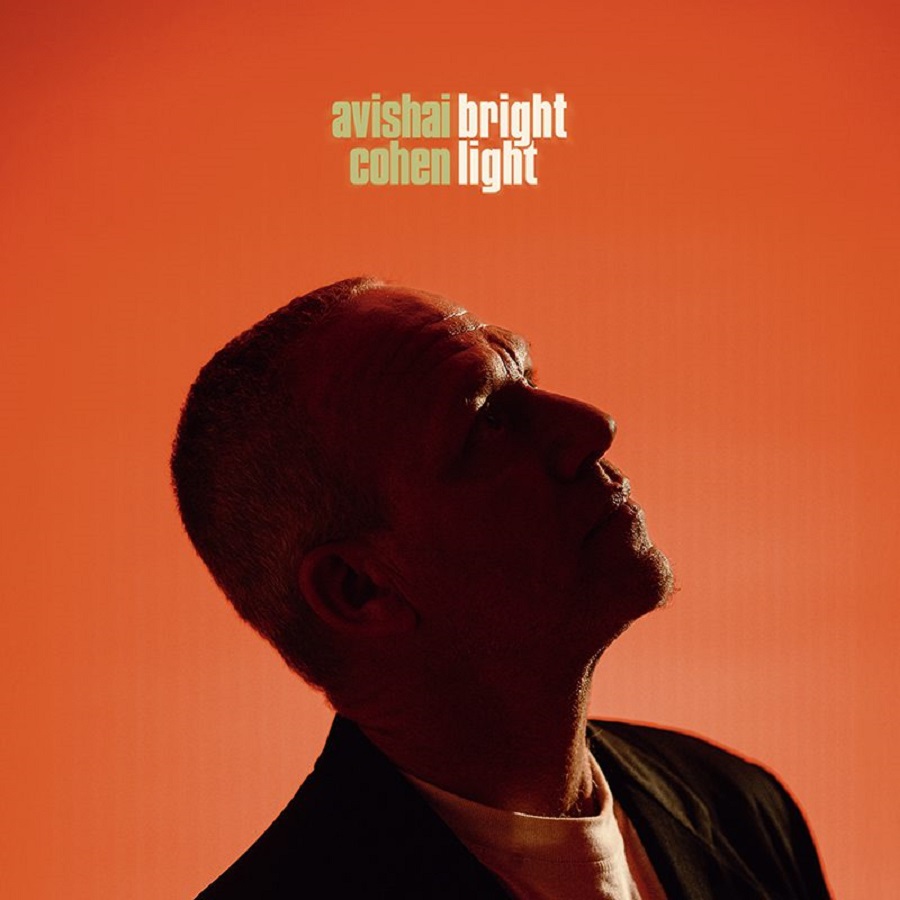In the ever-evolving landscape of contemporary jazz, few musicians can orchestrate cultural cross-pollinations as masterfully as Avishai Cohen. After his Latin-inspired collaboration with Abraham Rodriguez Jr. on “Iroko,” the Israeli bass virtuoso now takes a surprising new direction with “Brightland” – an album that weaves the warmth of Tel Aviv with the crystalline aesthetic of the trendy Gothenburg jazz scene.
Cohen’s extraordinary trio is at the heart of “Brightland”, featuring the brilliant pianist Guy Moskovich and the dynamic Roni Kaspi on drums. This ensemble showcases impressive versatility, from subtle interpretations of classical works to compelling original compositions. Moskovich’s arrangement of Liszt’s “Liebestraum No. 3” particularly stands out – an ingenious reimagining that views the romantic masterpiece through a modern jazz lens without compromising its emotional core.
Kaspi’s presence behind the drums deserves special attention. Her contemporary rhythmic approach brings a refreshing perspective to Cohen’s compositions, seamlessly blending modern beats with traditional jazz elements. In the track “Roni’s Swing” – undoubtedly a tribute to her – she demonstrates a remarkable ability to bridge generational gaps.
The dual recording locations – Tel Aviv’s Kicha Studios and Gothenburg’s Nilento Studio – are more than just a technical footnote. Under the co-production of Swedish producer Lars Nilsson, the recording achieves a unique synthesis of musical approaches. The Scandinavian jazz tradition’s spacious, often contemplative nature finds a natural synergy with Cohen’s Mediterranean intensity. This is not Cohen’s first experience with Nilento; his trio album “Gently Disturbed” from 2008 was also recorded there. Tracks like “Chutzpan” from that album now seem almost like sketches for the refined sound we hear on “Brightland.”
Cohen’s original compositions on this album reveal a composer at the height of his powers. “The Ever and Ever Evolving Etude” demonstrates his growing interest in extended forms, while “Drabkin” showcases his ability to create captivating narrative arcs within the jazz idiom. The balance between these originals and reimaginings of standards like “Summertime” and “Polka Dots and Moonbeams” results in a thoughtful and well-balanced tracklist.
Cohen’s interpretation of “Summertime” deserves special attention. While George Gershwin bridged the gap between classical and jazz a century ago by incorporating the African American gospel tradition, Cohen now revisits this intersection of jazz and classical without being confined by genre boundaries. This artistic freedom is shared with producer Nilsson, whose work with free spirits like Dhafer Youssef exhibits similar boundary-crossing qualities.
The album opener “Courage” perfectly encapsulates the essence of the album: pulsating jazz energy, propelled by Kaspi’s drums and Moskovich’s refined touch, all held together by Cohen’s intellectual and musical vision. It’s a track that immediately immerses the listener in Cohen’s musical universe.
“Brightland” not only represents an evolution in Cohen’s artistry but also stands as a beacon of possibilities in the contemporary jazz landscape. It is an album that demands – and rewards – repeated listening, with each listen revealing new layers. For those following Cohen’s artistic journey, “Brightland” marks a bold step forward that solidifies his position among the most ambitious jazz artists of today.
This is not just another album in Cohen’s oeuvre; it is a masterpiece that underscores his relentless drive for musical innovation. By honouring various traditions while simultaneously exploring new paths, Cohen has created a timeless work with “Brightland” that is both accessible and challenging – a rare combination that speaks to his exceptional artistic vision. (9/10) (RazDaz)

